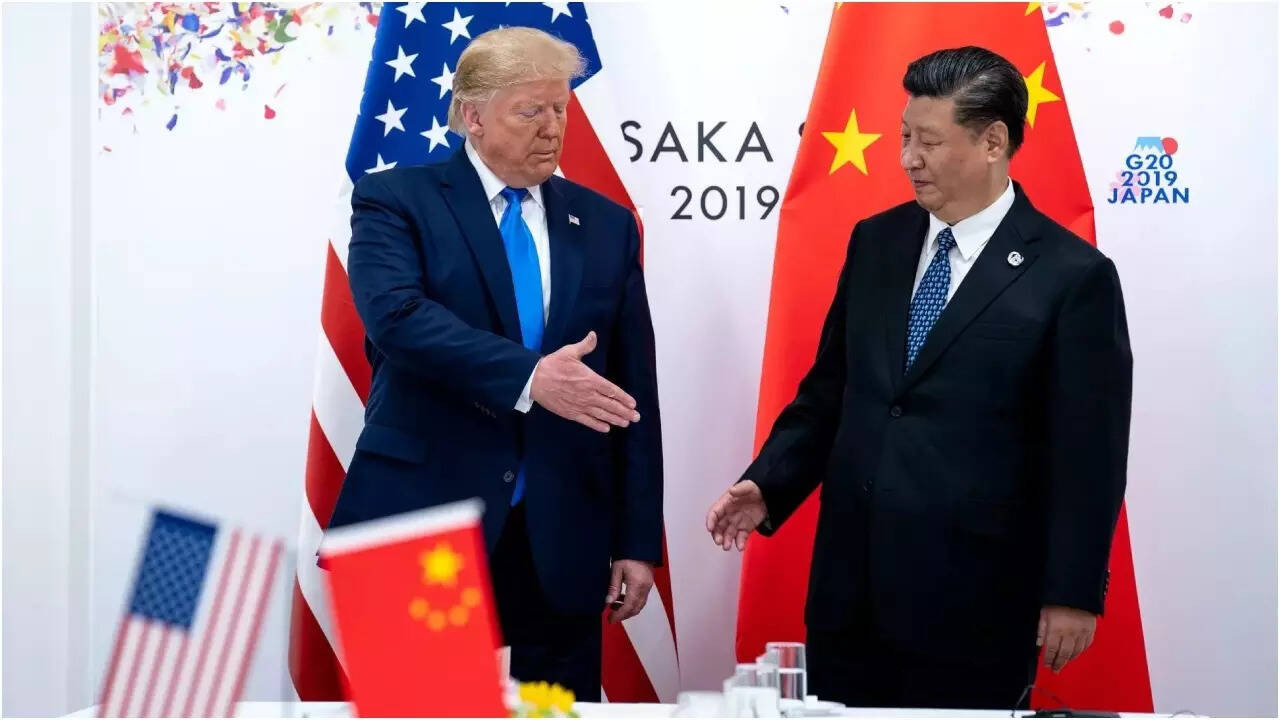Niti Aayog has proposed a comprehensive framework to enhance tax certainty and predictability for foreign investors in India. Key recommendations include an optional, industry-specific presumptive taxation scheme for foreign firms, alongside calls for legislative clarity and efficient dispute resolution. This initiative aims to significantly reduce litigation, boost investor confidence, and attract higher quality, sustainable FDI by addressing current tax uncertainties.
Navigating the Labyrinth: Can India Simplify Taxes for Foreign Investors?
India, a vibrant kaleidoscope of cultures and a booming economic powerhouse, is increasingly becoming a magnet for global investment. But behind the tantalizing promise of growth lies a complex web of tax regulations that can leave foreign companies feeling more puzzled than prosperous. The Niti Aayog, the government’s premier policy think tank, has recently highlighted the pressing need to enhance tax certainty for these international players, sparking a crucial conversation about the future of foreign investment in the country.
Let’s face it, deciphering the Indian tax code can feel like navigating a labyrinth. Conflicting interpretations, retrospective amendments, and lengthy litigation processes have, in the past, cast a shadow of uncertainty, deterring some potential investors. This isn’t just about numbers on a balance sheet; it’s about fostering a climate of trust and predictability that allows businesses to flourish.
Why Tax Certainty Matters
Imagine you’re a global tech giant eyeing India as the perfect base to expand your operations. You see the immense potential of a vast and growing market, a skilled workforce, and a burgeoning digital economy. However, lingering in the back of your mind is the nagging question: “Will the tax rules suddenly change midway through my investment? Will I be hit with unexpected liabilities?” This uncertainty can be a significant deal-breaker, pushing investors towards countries with clearer, more consistent tax policies.
Niti Aayog’s recent call to action emphasizes that tax certainty isn’t merely a “nice-to-have,” it’s a fundamental prerequisite for attracting long-term, sustainable foreign investment. It’s about creating a level playing field where businesses can confidently plan their investments, knowing the rules of the game won’t be arbitrarily altered.
What Needs to Change?
So, what concrete steps can India take to smooth out the tax landscape for foreign companies? The key lies in simplification, transparency, and consistency.
One crucial area is reducing the ambiguity surrounding tax laws. Clearer definitions, well-defined regulations, and proactive guidance from tax authorities can go a long way in minimizing disputes and preventing unintended interpretations. Reducing litigation is another critical component. Streamlining the dispute resolution process, promoting alternative dispute resolution mechanisms, and ensuring faster adjudication of tax cases can significantly alleviate the burden on foreign investors.
Furthermore, a stable and predictable tax regime is paramount. Retrospective tax amendments, while sometimes deemed necessary, can erode investor confidence. A commitment to prospective application of tax laws, except in extraordinary circumstances, can signal a commitment to fairness and stability.

The Ripple Effect of Increased Investment
The benefits of enhancing tax certainty extend far beyond attracting foreign capital. Increased investment translates into more jobs, greater economic activity, and a boost to India’s overall competitiveness. It also fosters innovation, drives technological advancements, and strengthens the country’s position as a global economic leader.
Think about the potential impact on sectors like manufacturing, technology, and infrastructure. With a more predictable tax environment, foreign companies would be more willing to invest in these key areas, creating new opportunities for Indian businesses and contributing to the country’s economic growth.
Looking Ahead
Niti Aayog’s recommendations are a welcome step in the right direction. The challenge now lies in translating these recommendations into concrete policy changes. This requires a collaborative effort between the government, tax authorities, and the business community. Open dialogue, constructive feedback, and a willingness to adapt and evolve are essential for creating a tax system that is both fair and efficient.
India’s economic trajectory hinges, in part, on its ability to attract and retain foreign investment. By prioritizing tax certainty and simplifying the regulatory landscape, India can unlock its full potential as a global investment destination and pave the way for a more prosperous future. This effort contributes significantly to initiatives to boost India’s manufacturing sector. Explore other government programs on [Make in India initiative](internal-link-to-make-in-india-page).
Ultimately, simplifying taxes for foreign companies in India isn’t just about making the country more attractive to investors; it’s about building a stronger, more resilient, and more prosperous economy for all.







